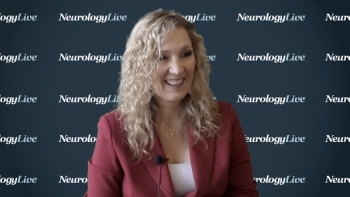
The professor of medicine, neurology, at the University of Toronto discussed the best ways for pediatric neurologists to ensure a smooth transition of care for patients with epilepsy who are leaving the pediatric system.

The professor of medicine, neurology, at the University of Toronto discussed the best ways for pediatric neurologists to ensure a smooth transition of care for patients with epilepsy who are leaving the pediatric system.
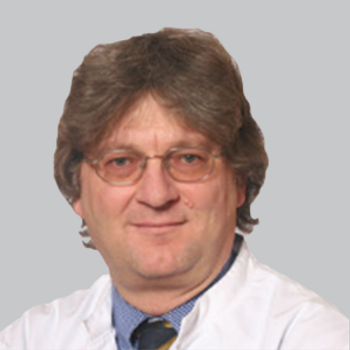
The GeNeuro agent showed marked reductions in brain atrophy in the thalamus and cerebral cortex through a long-term extension period treating patients with multiple sclerosis.
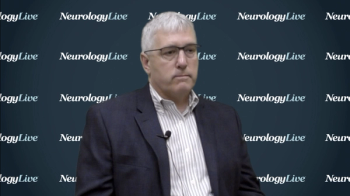
The director of the adult epilepsy center at Washington University in St. Louis discussed the takeaways for clinicians regarding the use of intranasal diazepam as a treatment for runs of seizures in patients with refractory epilepsy.
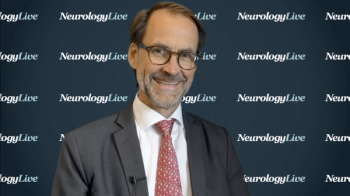
The professor and senior physician in the department of clinical neuroscience at the Karolinska Institutet spoke to the aspects of MS—such as brain volume loss—which are not currently being addressed by the available disease-modifying therapies.

According to new data from STRIVE, 75.4% of those treated with natalizumab achieved overall No Evidence of Disease Activity status by year 4, and no patients had incidence of progressive multifocal leukoencephalopathy.
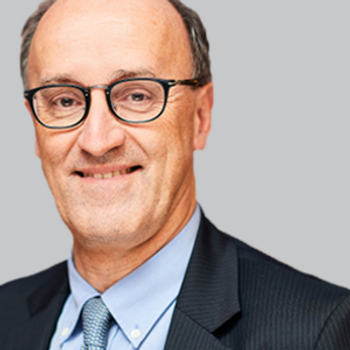
After showing significant benefits in delayed disease progression in patients with secondary progressive MS, new data suggests siponimod can delay the time to wheelchair dependence by 4 years.
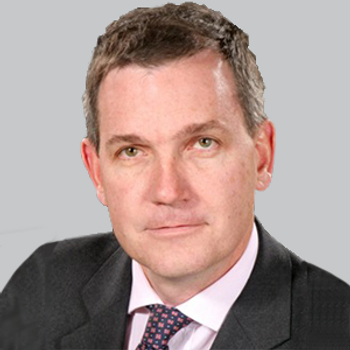
Nearly 87% of patients enrolled in the phase 3b CASTING study had no evidence of disease activity following treatment with ocrelizumab after having an inadequate response to prior DMTs.
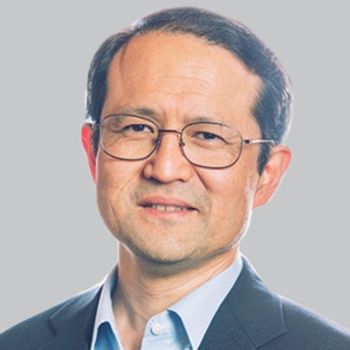
The global head of neuroimmunology at Genentech spoke about the wealth of data being presented on its anti-CD20 monoclonal antibody ocrelizumab, as well as the success thus far in trials of its NMOSD agent, satralizumab.
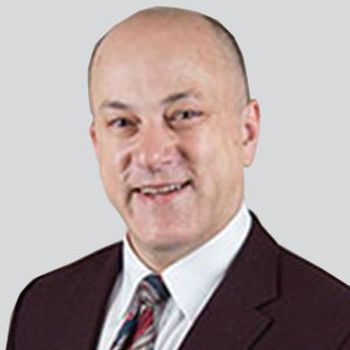
Study coauthor and professor of neurology and ophthalmology at the University of Colorado provides insight into phase 3 study results of satralizumab, presented at ECTRIMS 2019.
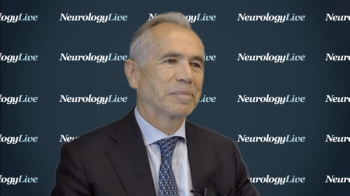
The professor of epidemiology and nutrition at Harvard TH Chan School of Public Health discussed what might be an optimal dose of vitamin D supplementation in MS, and how vitamin D deficiency should be addressed as a modifiable risk factor.
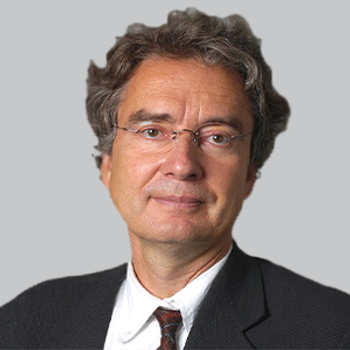
New phase 3 data from the OPTIMUM head-to-head trial show that 20-mg ponesimod resulted in a significantly lower annualized relapse rate in adults with multiple sclerosis compared to 14-mg teriflunomide at 108 weeks.

The humanized monoclonal antibody was particularly effective in patients who were seropositive for aquaporin-4 autoantibodies.
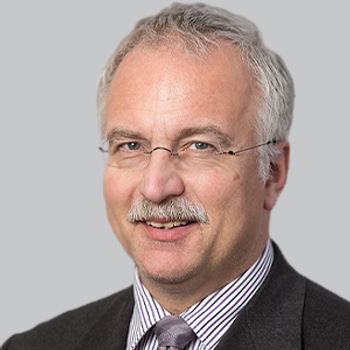
New decade-long data have suggested that multiple sclerosis treatment with dimethyl fumarate is associated with stable EDSS scores ≤3, and a low number of patients with confirmed disability progression.

The professor of medicine, neurology, at the University of Toronto discussed the need for physicians to work together while transitioning patients with epilepsy—who may have any number of comorbidities—from pediatric care to adult care.
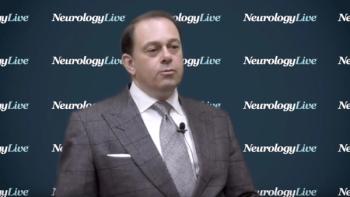
The clinical research director of the UCSF Multiple Sclerosis Center discusses recent data on siponimod and its impact on cognitive measures in patients with secondary progressive MS, as well as results of the 3-arm ASSESS study comparing low-dose fingolimod and glatiramer acetate.
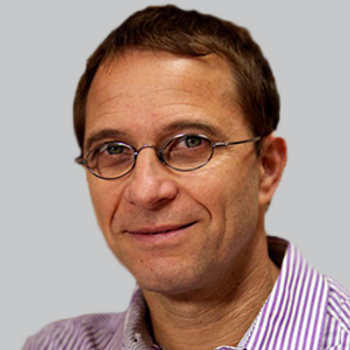
New data from clinical trials of ocrelizumab showed that the anti-CD20+ B cell therapy lowered serum NfL levels, and that the NfL levels offered prognostic value for disease progression in MS.
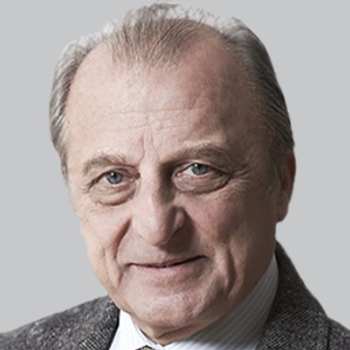
Data from the phase 3 SUNBEAM trial of the sphingosine 1-phosphate receptor modulator have suggested that the Celgene treatment lowers annualized relapse rates and reduces the rate of cortical gray matter loss, improving cognition measures, compared to IFN-ß1a.

The director of the adult epilepsy center at Washington University in St. Louis spoke about the use of diazepam nasal spray in patients with epilepsy ­and detailed the advantages it offers these patients and their physicians.
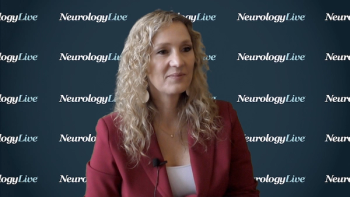
The professor of medicine, neurology, at the University of Toronto spoke to the hurdles faced by both pediatric and adult neurologists when transitioning a patient with epilepsy from childhood care to adult care.
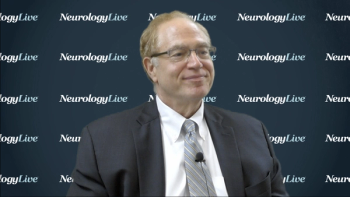
The director of the Montefiore Headache Center will provide further insight into migraine care at the 1st Annual International Congress on the Future of Neurology, to be held September 27-28 in New York City.
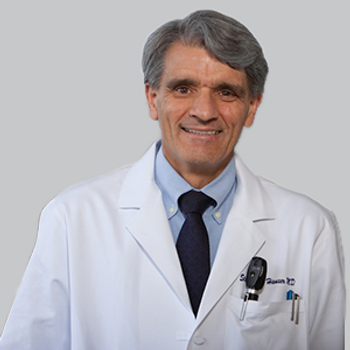
Novartis’ CD20+ B cell- targeting, fully-human antibody has outperformed teriflunomide (Aubagio) in a pair of phase 3 studies. The top-line data were presented at ECTRIMS 2019 in Stockholm, Sweden.
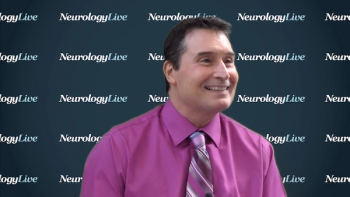
The distinguished professor and director of cell biology at Missouri State University discussed the use of nVNS in migraine treatment and whether or not it can replace the use of or be used in conjunction with triptans—a medication on which many patients fail or report poor response on.
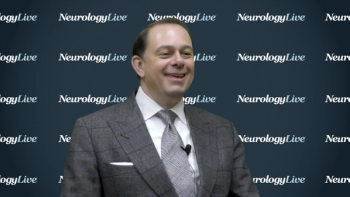
The clinical research director of the University of California, San Fransciso’s Multiple Sclerosis Center discussed the findings of a 230-patient study of inebilizumab versus placebo in NMOSD.

The distinguished professor and director of cell biology at Missouri State University discussed the findings of a model of nVNS which suggested it operates through a novel mechanism compared to available migraine therapies.
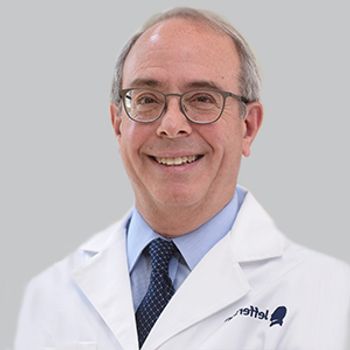
The director of comprehensive epilepsy center and professor of neurology at Thomas Jefferson University spoke to the evolution of epilepsy interventions over the last decade and its effect on the level of care for patients.
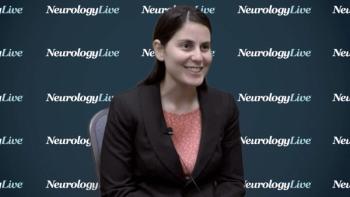
The child neurology resident at NYU Langone spoke about ways for residents to identify and address impaired colleagues that suffer from depression and burnout.
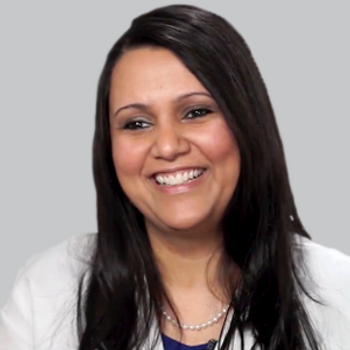
The director of the MedStar Georgetown Headache Center and associate professor of neurology at MedStar Georgetown University Hospital discussed the ongoing efforts in drug development and what the ideal future may hold for migraine medicine.
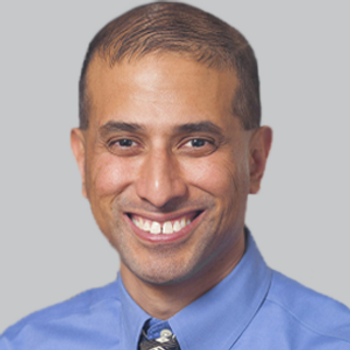
The professor of emergency medicine at the University of Wisconsin-Madison School of Medicine and Public Health discussed the impact that telemedicine, conducted in senior living communities, can have on emergency department visits for individuals with dementia.
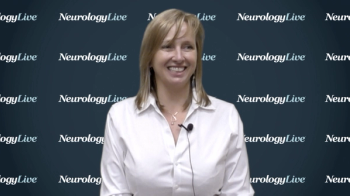
The regional lead in clinical and translational neuroscience at Kaiser Permanente discussed subgroup findings from a study of pregnancy in women with MS which suggested that breastfeeding in the postpartum period can drastically decrease the risk of disease relapse.
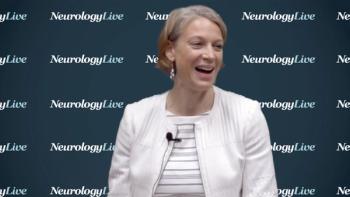
The postdoctoral scholar at the University of California San Francisco discussed the findings from her study that gives comprehensive insight into prevalence and organ associations of vasculitic neuropathy.